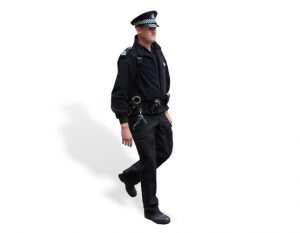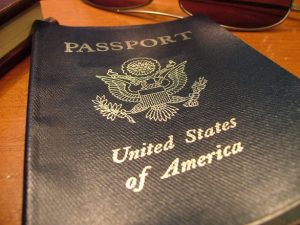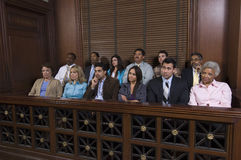 According to a recent article in The Patriot Ledger, proof of major errors made in the Braintree Police Department’s evidence room is continuing to mount. The article states that a recently released audit of the department’s evidence room indicated that thousands of items have gone missing, or are unaccounted for. Such items include drugs, money, and guns, all seized in relation to criminal cases. The audit also indicates that the evidence room’s record keeping was unquestionably sub-par.
According to a recent article in The Patriot Ledger, proof of major errors made in the Braintree Police Department’s evidence room is continuing to mount. The article states that a recently released audit of the department’s evidence room indicated that thousands of items have gone missing, or are unaccounted for. Such items include drugs, money, and guns, all seized in relation to criminal cases. The audit also indicates that the evidence room’s record keeping was unquestionably sub-par.
Problems related to the keeping of the evidence have already resulted in the dismissal of a number of Braintree cases and the article states that hundreds of additional cases may have been similarly compromised. Specifically, the article states that 4,709 pieces of drug related evidence “could not be accounted for” and that “38 pieces had been compromised” – the audit found that the 38 items were “opened, left unpackaged, or found to have items missing.” The article further noted that “much of the missing drugs” were “bags of cocaine.”
In addition to the missing drug related evidence, the article states that the audit found that 2,490 pieces of property evidence was found to be missing. Additionally, the audit found that various videos being stored in the evidence room were unlabeled, which will lead to significant practical challenges in connecting such videos to specific cases, not to mention evidentiary challenges in terms of documenting chain of custody and authenticity. The article also notes that the test kits from sexual assault cases were stored outside the police station in a trailer, again raising questions as to chain of custody issues and whether such evidence can be successfully linked to a specific case.
The audit also found that approximately $400,000 in seized money was missing and that some of the bags containing such money were “ripped open in the back or cut open at the bottom, with cash missing.” The article states that the audit found that much of the missing money came from cases brought in 2001, 2002, 2012 and 2013, noting that the audit lists $82,074.96 missing from 2001.
 Massachusetts Criminal Lawyer Blog
Massachusetts Criminal Lawyer Blog










